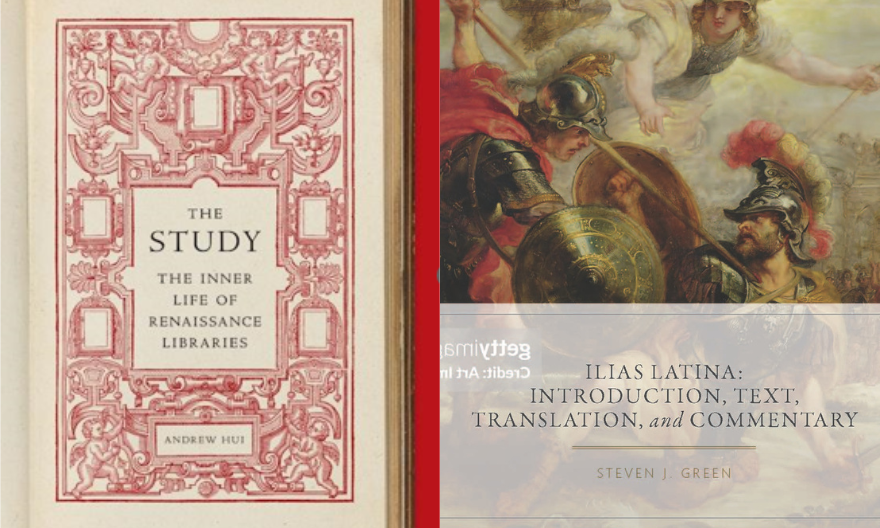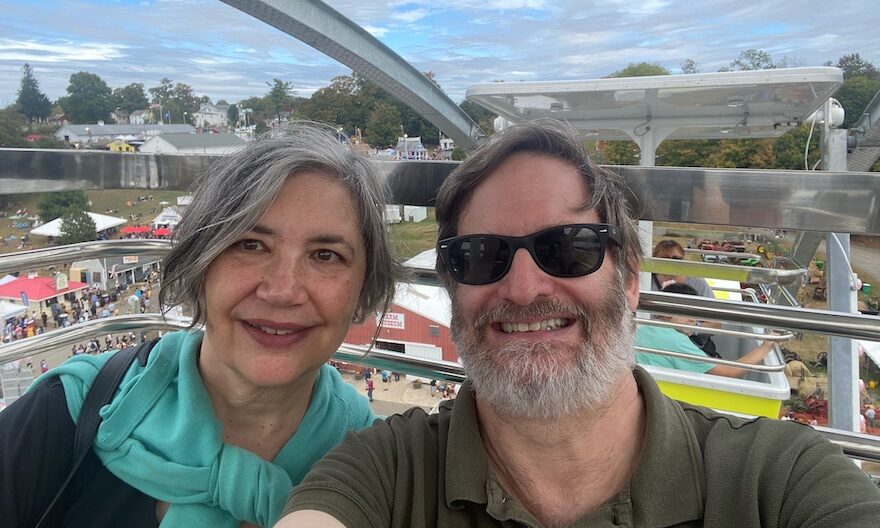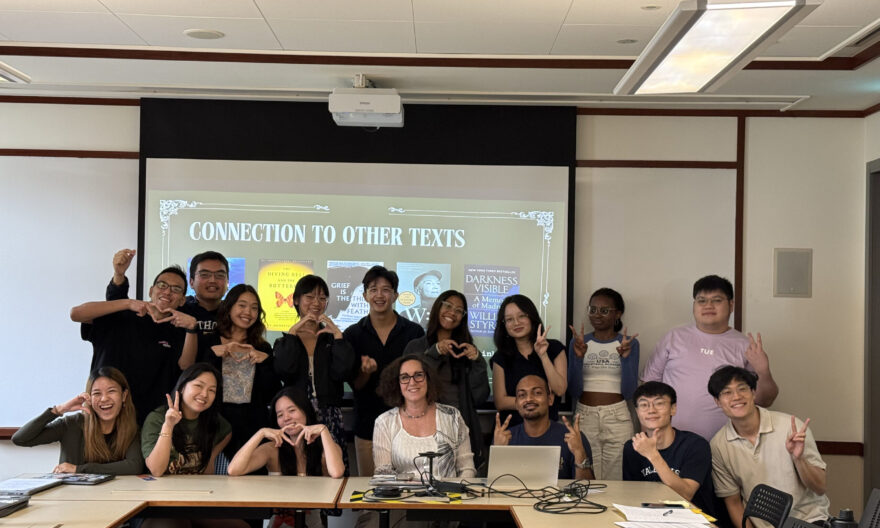Literary Award winners reflect on their creative process
Students are awarded prizes for their submissions in 5 categories — including the inaugural award for comics

Organised by the Writers’ Centre, Yale-NUS College’s annual Literary Awards has provided a recurring platform for literary-minded students to share their creative works with a wider audience. The event originally awarded best student submissions in the categories of fiction, non-fiction, poetry, and playwriting. This year, a new award category – comics – was introduced, celebrating a more diverse range of student talents.
The Literary Awards accepts submissions from all Yale-NUS students, including exchange students. This year, Nikki Yeo Ying Ying (Class of 2022) won first place in Poetry for her submission “Since mother hates to read”. Mak Rui Teng Phoebe (Class of 2022) won first place in non-fiction for their piece titled “autobiography of my momma”. First place in fiction and playwriting went to Areet Roychowdhury (Class of 2022) for “Dadu” and Dakshayani Ravindran (Class of 2024) for “Not another play about a girl in her twenties”, respectively. Finally, Kimberly Wee (Class of 2023) became the inaugural winner in the category of comics for her submission “On the Inst-ability of being.”
When asked about her creative process in making her comic, Kimberly said, “I wrote the piece as prose before recreating this story as a comic in Assistant Professor Tait Bergstrom’s course, Comics and Graphic Novels, where I was inspired by the gritty yet whimsical approach of some comics I encountered.”
Describing her submission as “a series of vignettes that are strung together by the protagonists’ restlessness and crippling anxiety,” Kimberly said that her interest in creating comics came as a natural extension of her desire for storytelling.
“I like writing and I like drawing. I’ve also always been very interested in experimental forms of image-making, and naturally find comics a fascinating and expansive medium.”
Like Kimberly, Dakshayani, the winner for playwriting, also highlighted how her love for stories motivated her into writing her own pieces. “I love stories – reading them, watching them and then later, acting in and directing them. But at some point, I realised that the stories I wanted to hear and tell weren’t really being written.”
Dakshayani shared that her desire to experience these untold stories motivated her to begin writing. “I decided that the only way around that was to write my own stories.”
“I think words have this extraordinary capacity to communicate the big, important ideas but also spotlight the small, everyday moments; they are the means in which we can share laughter and tears, hold silence, and feel for one another and our community. I think there are very few mediums which can do just that.”
Dakshayani describes her creative as a more dynamic phenomenon. “I write my scenes around moments and things which intrigue or inspire me – rap music, great literary quotes, jokes, pick-up lines…anything really.”
Dakshayani then takes these different scenes and strings them together to create her story. “The process is a little chaotic, a little stressful but a whole lot of fun – much like your twenties.”
In contrast to Dakshayani’s easy-going method, the winner for non-fiction Phoebe Mak finds their creative process as being more meditative.
“Non-fiction has always been a challenge for me because there is a complex negotiation of reality and aesthetic” said Phoebe. “Honestly, I’m not very good at writing about things that have actually happened; I have a very strong desire to hide behind fictionalised accounts. Yet, everything I’ve ever written has a true emotional core underlying its fictional veneer.”
“Hence, finding the point where truth, aesthetic, and reality collide is a wonderful challenge that non-fiction poses to me.”
By providing a platform with diverse categories, the Literary Awards recognises the talent and diverse creative process that is associated with various literary forms. As a result, this programme forms an important pillar of Yale-NUS’s writing culture.
Speaking of this culture, Phoebe said, “I only began to write intentionally when I came to Yale-NUS, so my writing has been influenced greatly by the writing community here.”
“I’ve been a part of the Yale-NUS Literary Collective for all four years here, and it was through critique groups of dear, trusted friends and workshops with professional writers that I found my voice.”




